What to do if you find a nest of baby skunks?
If you find a nest of baby skunks or kits you’re likely to want to help the babies but that’s not always the best idea, especially if you have no idea what you’re doing. Generally, if you find a nest of baby skunks your first action should be to observe the kits for a day; watching to see whether or not the mother comes back. Often times skunk moms won’t leave their babies alone unless they get injured or killed. If you don’t see a mother after 24 hours and still think the kits need help then you should call wildlife control professionals. They’ll investigate the nest to make sure the skunk mom isn’t around to take care of the kits and then transport and proceed to rehabilitate the kits as needed. But, if you can’t get in touch with wildlife control for some reason than what do you do?
If you can’t get in touch with professionals you can still help the kits– if they need it. From a young age, skunks are fairly independent so it’s possible that they’ll be able to take care of themselves. If you do feel like the kits need help, skunks eat almost anything, preferring insects. But if you get a chunk of beef and give it to a kit they’ll be just as happy. If you decide to get close to the kits or they need to be transported and you can’t contact professionals, it’s highly advised that you wear a protective suit. Skunks can carry diseases like rabies and spray you: a full-body suit will protect you from these things. The same goes for if a skunk is injured, be sure to wear a protective full-body suit because skunks can be vicious when they feel threatened.
Also, be sure not to take a kit home and domesticate it. Wild animals becoming pets is never a good idea;
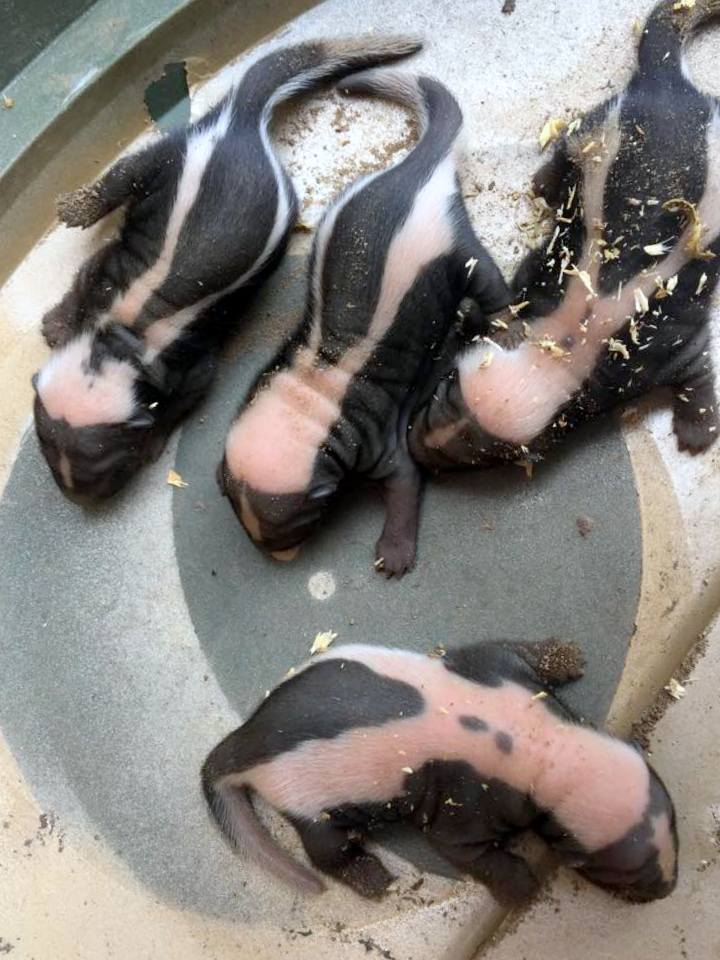
you’re taking the animal away from its habitat and family, you’re risking your other pets and family member’s health, and the kit will likely not be comfortable. Just because you can’t domesticate it doesn’t mean you can’t watch over the skunk! You can feed it from a distance outside and provide the kits shelter under your house if you choose.
So if you find a nest of kits, be sure to call wildlife control professionals and ask them if they have recommendations and see if they’ll take care of the kits. If they do not, you can take matters into your own hands using the recommendations from this article and your local wildlife control specialist.
Select Your Animal

Raccoons
Raccoon Removal Information & How-To Tips

Squirrel
Squirrel Removal Information & How-To Tips

Opossum
Opossum Removal Information & How-To Tips

Skunks
Skunks Removal Information & How-To Tips
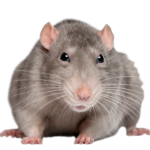
Rats
Rat Removal Information & How-To Tips
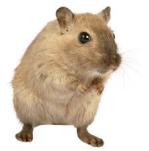
Mouse
Mouse Removal Information & How-To Tips
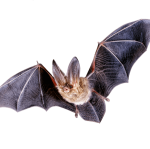
Bat
Bat Removal Information & How-To Tips

Bird
Bird Removal Information & How-To Tips

Snake
Snake Removal Information & How-To Tips
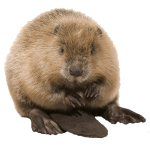
Beaver
Beaver Removal Information & How-To Tips
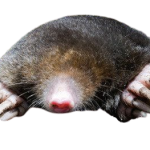
Mole
Mole Removal Information & How-To Tips
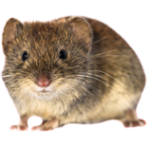
Vole
Vole Removal Information & How-To Tips

Gopher
Gopher Removal Information & How-To Tips
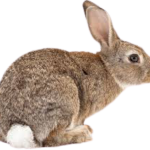
Rabbit
Rabbit Removal Information & How-To Tips

Woodchuck
Woodchuck Removal Information & How-To Tips

Flying Squirrel
Flying Squirrel Removal Information & How-To Tips

Chipmunk
Chipmunk Removal Information & How-To Tips
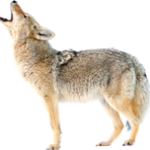
Coyote
Coyote Removal Information & How-To Tips

Fox
Fox Removal Information & How-To Tips
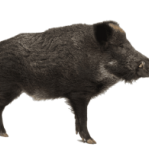
Wild Hog
Wild Hog Removal Information & How-To Tips
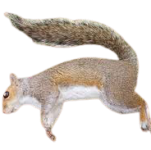
Dead Animal
Dead Animal Removal Information & How-To Tips